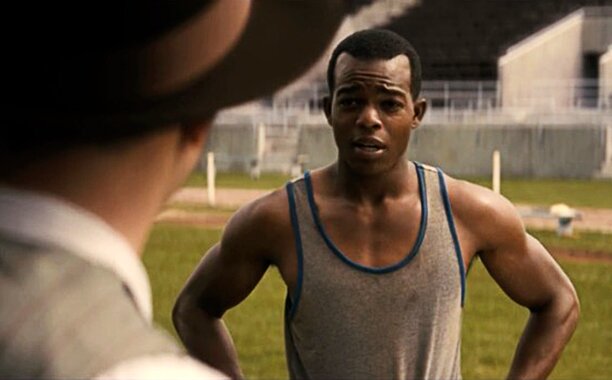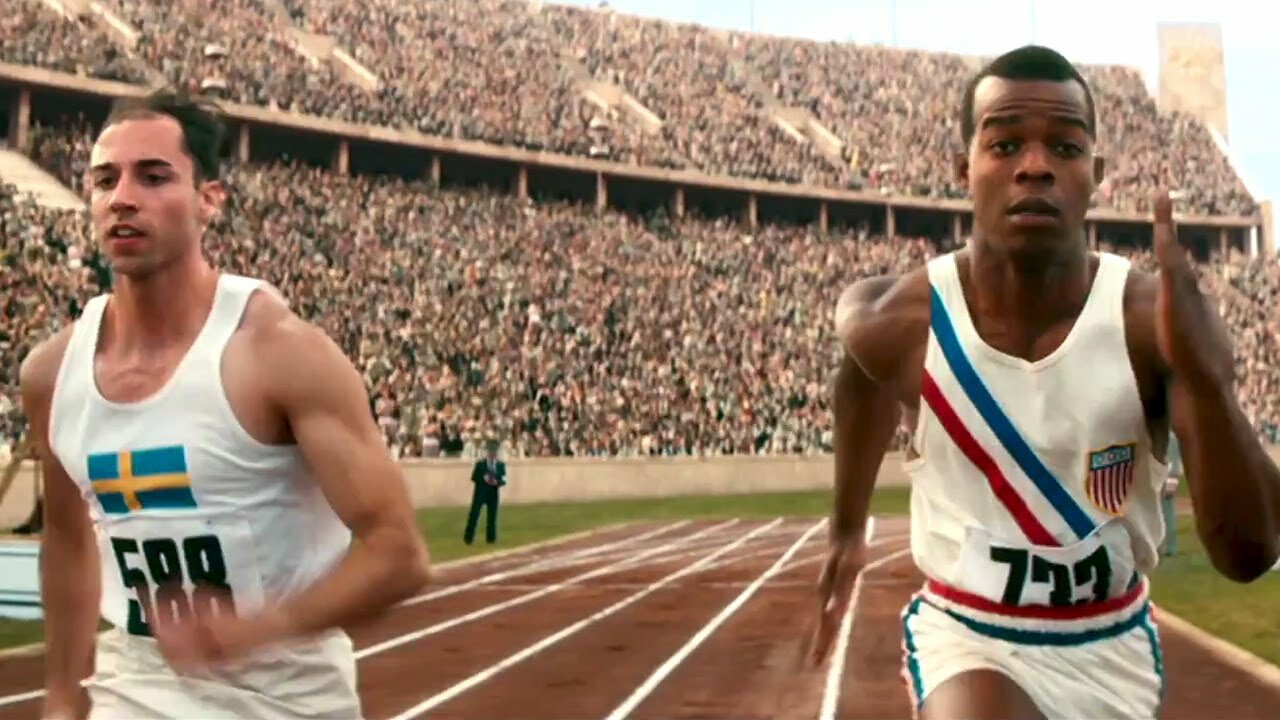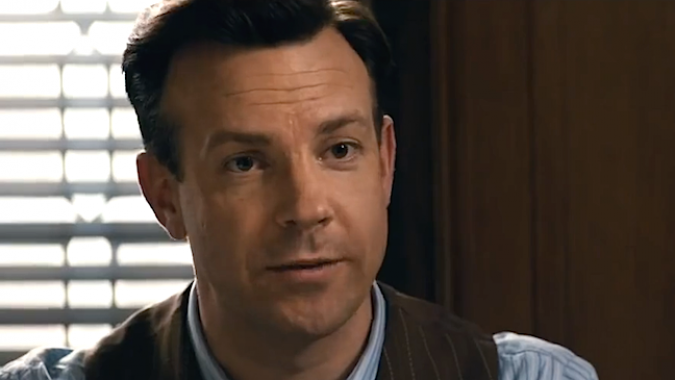By: Andres Eloy Sereno Hernandez
Directed by Stephen Hopkins (House of Lies Executive producer) RACE immortalizes the powerful legacy of accomplishments of one of the greatest American athletes in history, Jesse Owens, played by Stephan James (John Boyega was originally cast in the part, but then he landed the leading role in The Force Awakens). The film not only portraits Owen’s journey towards his four-gold-medals achievement in the 1936 Olympic Games but also accounts a complex time in history with America’s race segregation and Hitler’s Germany, bristling with Nazism. The duality of the film’s title is represented throughout the entire picture, not only with Owens’ athletic discipline, training and victories but also with the societal hurdles he experienced as a Black American in United States where racism was thriving.
At first, we observe Owens’ kick-off in Ohio State University, dealing with a great amount of slurs and bullying from his peers, but his athletic nature cough the attention of the coach Larry Snyder (played by the comedic performer Jason Sudeikis) who mentors him through a tough and exhaustive training which lead to an almost father/son relationship. Snyder consistently pushes Owens forward, helping him to deal with the reality of the era’s society and is always amazed at how Owens keeps topping his own accomplishments.
Written by Joe Shrapnel and Anna Waterhouse, the screenplay doesn’t attempt to be a complete biography of Owens and his relationship with Snyder, it also portraits how the American Olympic committee and Hitler’s government dealt with the development of the 1936 Olympic Games. These games were supposed to be the grand and glorious coming-out party for the Nazis, where Joseph Goebbels (played by Barnaby Metschurat) was tasked by Hitler himself to stage a triumphant Germany where his Aryan Supremacy ideals were displayed at its best topped with Nazi propaganda. On the American side, Avery Brundage (played by Jeremy Irons) and Jeremiah Mahoney (played by William Hurt) debate a boycott to the Berlin games due to the atrocious policies of Hitler’s regime. Ultimately, in part to secure a lucrative financial deal, Brundage managed to put America in the Olympics.
The performances are good, not great. Sudeikis distances himself from his comedic origins to display a convincing athletic coach and Stephan James captures the likeability and charisma James Owens was known for. Carice van Houten played a great rendition to the controversial filmmaker Leni Riefenstahl, whose epic documentary Olympia showed Owens’ achievements even though it was intended to serve as Nazi propaganda. Jeremy Irons shines in his acting, presenting undoubtedly the strongest performance of the cast.
The films works more as an uplifting and even hagiographical type of movie than a drama per se. All the troubles and issues are resolved too fast too soon. There’s no deep exploration into any of the characters and it seems that it wasn’t the purpose of the movie at all. It presents an important chapter of history but the treatment is rather patronizing although it shows part of the American legacy towards race and culture in a raw and honest way.
Score: 7/10








